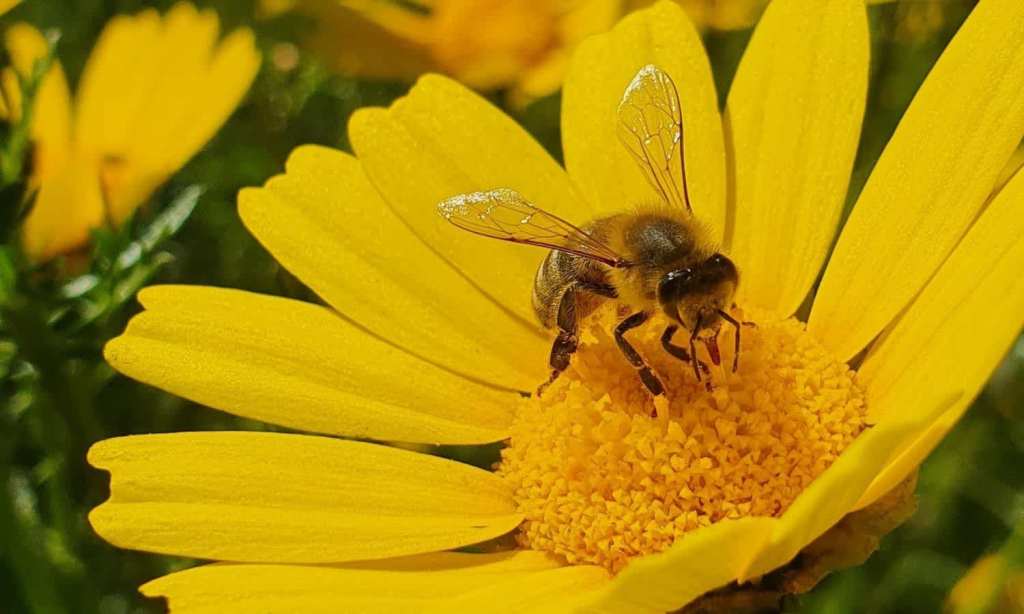New research out of the Harry Perkins Institute of Medical Research in Perth has found that venom from the humble honeybee can effectively kill aggressive breast cancer cells.
The study, which was published in the Nature Precision Oncology journal, was undertaken by Dr Ciara Duffy as part of her PhD, the ABC has reported. Dr Duffy also found that when the main component of the venom (called melittin) was combined with chemotherapy drugs, it was effective in reducing tumour growth in mice.
“What melittin does is it actually enters the surface, or the plasma membrane, and forms holes or pores and it just causes the cell to die,” Dr Duffy told the ABC. “We found it was interfering with the main messaging or cancer-signalling pathways that are fundamental for the growth and replication of cancer cells.”
Dr Duffy hopes this recent discovery could help in the creation of a treatment for triple-negative breast cancer, which according to the ABC, accounts for roughly 10 to 15% of all breast cancers. There isn’t currently any clinically effective treatments for triple-negative breast cancer.
“We found that the venom from honeybees is remarkably effective in killing some of these really aggressive breast cancer cells at concentrations which aren’t as damaging to normal cells,” Dr Duffy said.
The research found the honeybee venom killed 100% of triple-negative breast cancer and HER2-enriched breast cancer cells within one hour. The venom also seemed to have minimal effect on normal cells.
The venom collected for the study was harvested from honeybee hives in Perth, Ireland and England. The bees were put to sleep with carbon dioxide and kept on ice while the venom was extracted and injected into the tumours.
While this research is undoubtedly groundbreaking, Dr Duffy is hesitant to label it as a “breakthrough” just yet as more research still needs to be done.
“There’s a long way to go in terms of how we would deliver it in the body and, you know, looking at toxicities and maximum tolerated doses before it ever went further,” she said.







